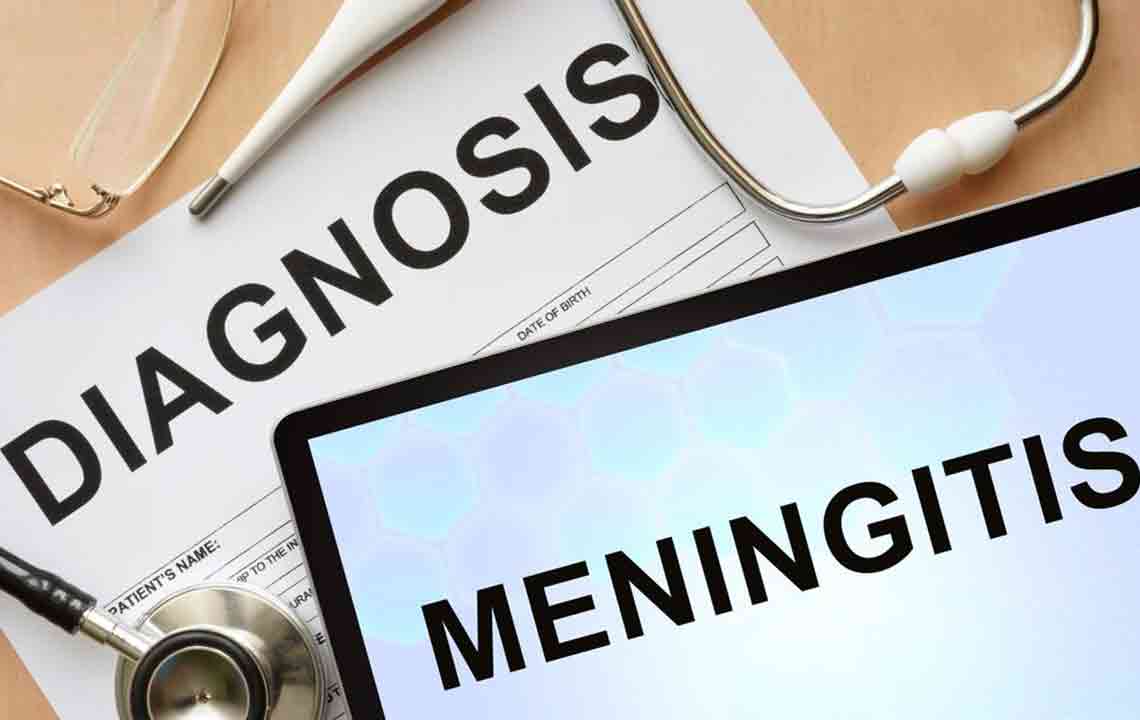Vaccination Strategies for Meningitis Prevention
This article discusses the importance of vaccines in preventing meningitis, highlighting available vaccines, targeted serogroups, and vaccination recommendations. It emphasizes the reduced incidence in developed countries and challenges faced in high-burden regions like Africa. The piece underscores the significance of immunization in high-risk populations and travel-related protection, along with medical precautions for infected patients.

Vaccination Strategies for Meningitis Prevention
Meningitis is a severe, life-threatening condition that can lead to high rates of illness and death. Differentiating between bacterial and viral meningitis is crucial, with bacterial forms being more dangerous. The introduction of conjugate vaccines has significantly reduced bacterial meningitis cases in the US, dropping from 1.9 to 1.5 per 100,000 people between 1998 and 2003, with a mortality rate of 15.6%. However, in developing nations, rates remain higher.
In 2009, approximately 88,000 cases of meningococcal disease were reported across the "meningitis belt," resulting in nearly 5,000 to 5,500 deaths. Countries like Niger and Nigeria experienced the highest impacts, with close to 3,000 fatalities and 69,500 cases. From 2003 to 2007, W135 caused 10% of cases, while serogroup A was responsible for 87.8%.
The most affected regions are Niger and Nigeria, with significant fatalities and infections. Early childhood vaccination with conjugate vaccines targeting H. influenzae types S and B, and pneumococcus, has greatly diminished bacterial meningitis cases in both children and adults. Nevertheless, incidence of pneumococcal meningitis caused by nonvaccine serotypes, and antibiotic-resistant isolates, has increased.
Newer conjugate vaccines targeting Neisseria meningitidis are recommended for individuals with immune deficiencies, travelers to endemic zones, and adolescents aged 11–18. These vaccines protect against serogroups A, C, W135, and Y, but do not cover serogroup B. Asplenic patients should receive vaccines against H. influenzae, pneumococcus, and meningococcus. Hospitalized meningitis patients with unclear causes or confirmed N. meningitidis infection should follow droplet precautions for at least 24 hours or until infection clearance.
Available Meningitis Vaccines
Vaccines targeting meningococcal bacteria have been developed for five main groups: A, B, C, W135, and Y. These include Men B, Men C, Men ACWY, Hib, Pneumococcal conjugate (PCV), Pneumococcal polysaccharide (PPV), MMR, BCG, and travel-specific MenACWY vaccines. Consulting a healthcare professional before vaccination is advised to ensure appropriate immunization based on individual health needs.










